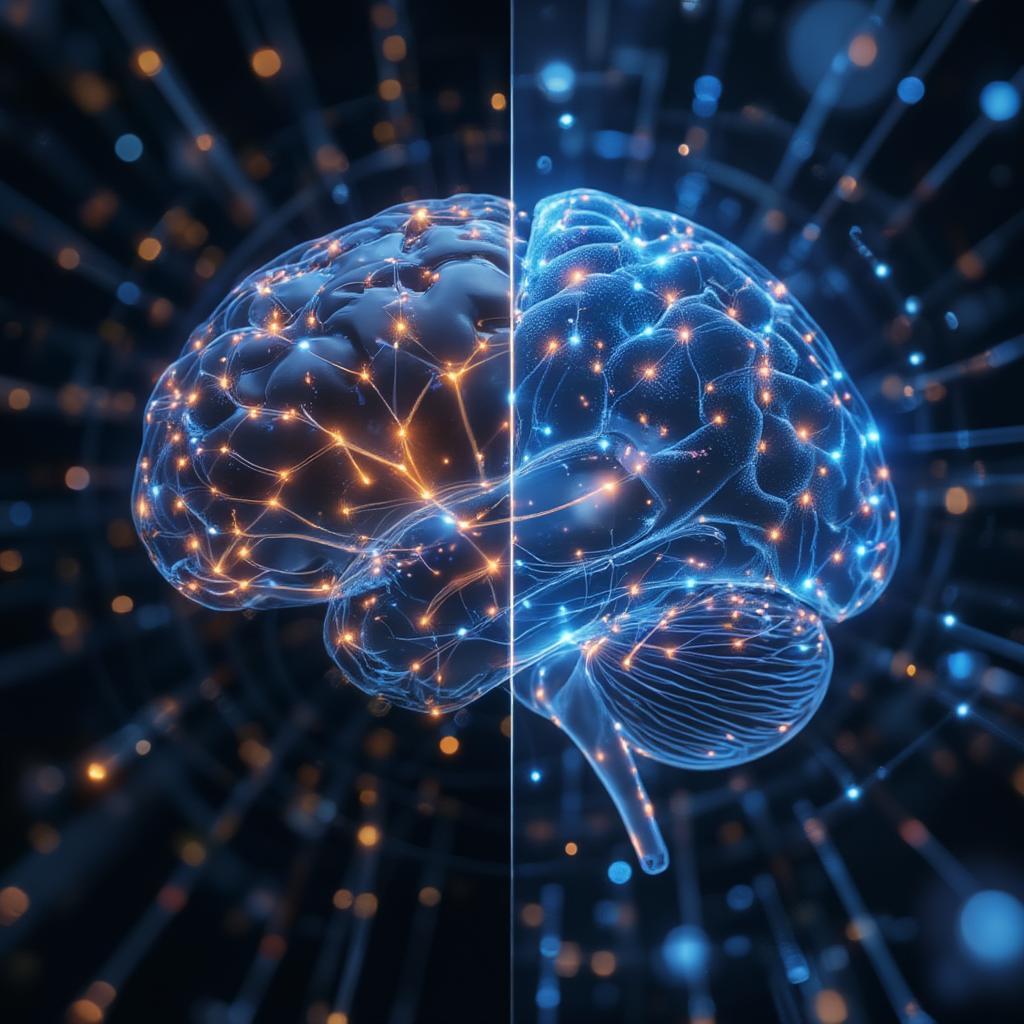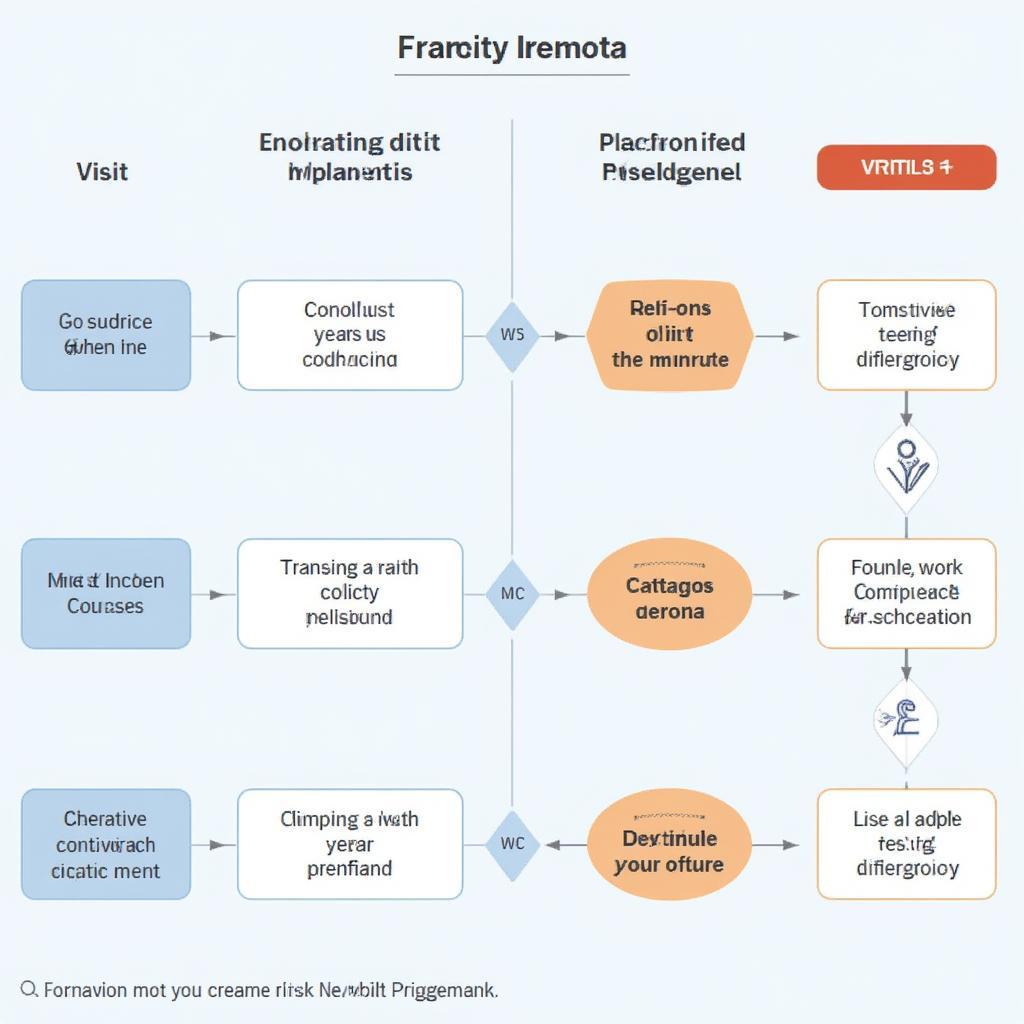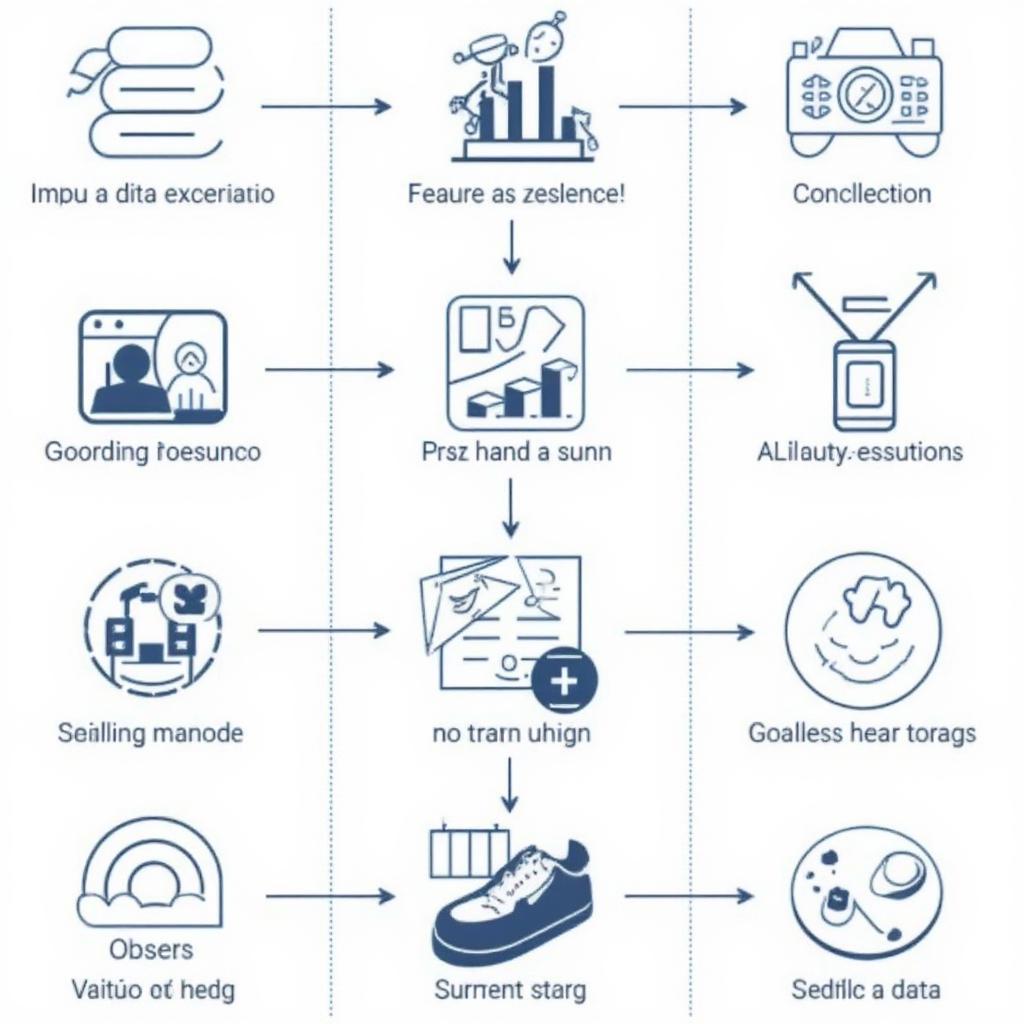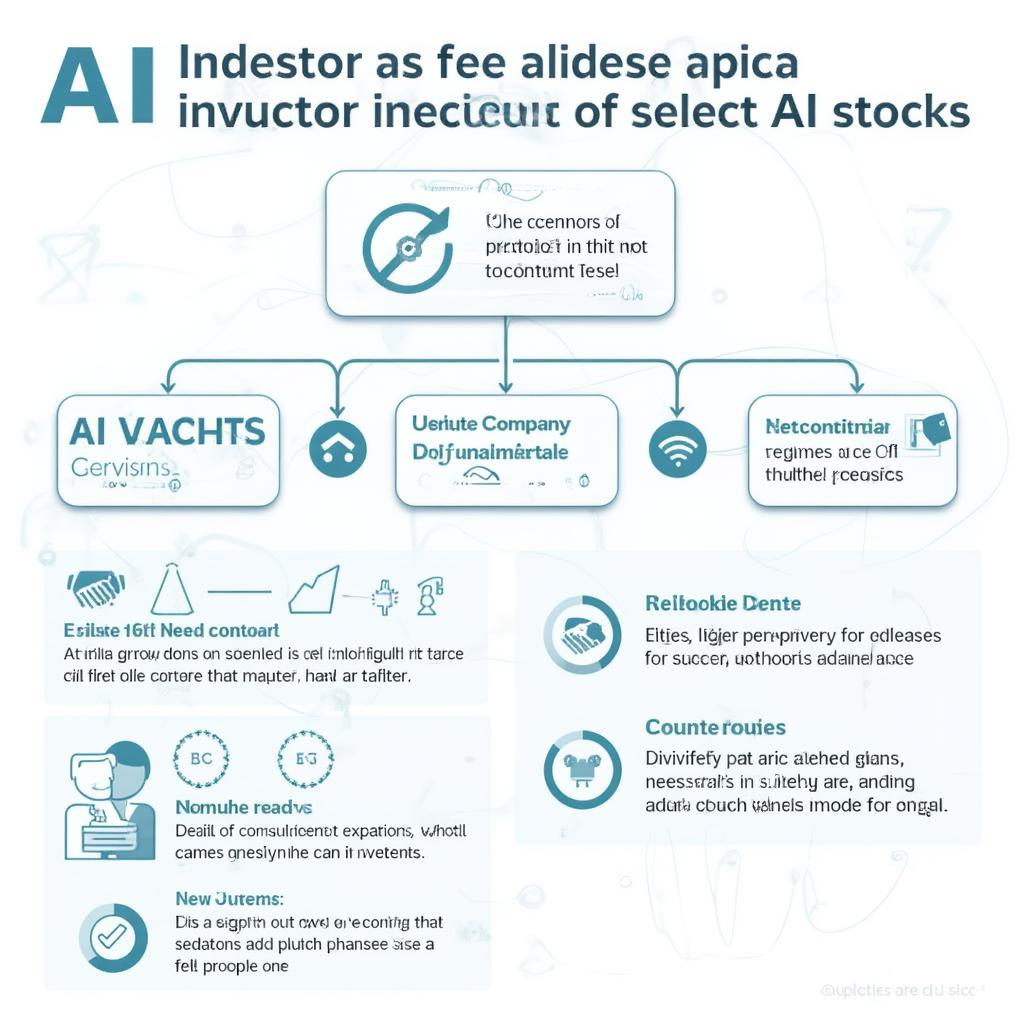Synthesis AI: Ethical Considerations and Future Implications

The rise of Synthesis Ai is rapidly transforming how we interact with technology. From generating realistic images and videos to creating lifelike voices, this powerful technology presents both incredible opportunities and complex ethical challenges. Understanding these implications is crucial for responsible development and deployment.
What Exactly is Synthesis AI?
Synthesis AI, at its core, is a branch of artificial intelligence focused on creating new data or content. This differs from traditional AI which primarily analyzes existing information. Synthesis AI algorithms are designed to generate text, audio, images, and videos that are often indistinguishable from human-created content. This capability is achieved through machine learning techniques, including generative adversarial networks (GANs) and variational autoencoders (VAEs). These models are trained on massive datasets to learn underlying patterns, allowing them to produce entirely new creations. Think of it as teaching a computer to not just understand art but to actually make art. This potential unlocks countless applications but also raises serious questions about authenticity and deception.
Key Applications of Synthesis AI
The impact of synthesis AI is already being felt across numerous sectors:
- Entertainment: Creating lifelike digital characters and special effects, enabling more immersive gaming experiences and movie productions.
- Marketing: Generating personalized advertising content and targeted campaigns tailored to individual user profiles.
- Education: Developing interactive learning tools and personalized tutors that adapt to each student’s unique needs.
- Healthcare: Designing new medications and diagnostic tools and simulating medical procedures for training purposes.
- Accessibility: Producing real-time audio descriptions for visually impaired individuals, making media more inclusive.
These applications highlight the transformative potential of synthesis AI. However, they also bring forth the ethical considerations we must address to ensure beneficial implementation.
The Ethical Minefield of Synthesis AI
The power of synthesis AI raises numerous ethical concerns, some of the most prominent being:
- Misinformation and Deepfakes: The ability to generate realistic but false media could undermine public trust, manipulate public opinion, and potentially cause serious social and political unrest.
- Job Displacement: As AI becomes more adept at tasks previously performed by humans, job displacement, especially in creative fields, is a genuine concern.
- Bias and Discrimination: If training data reflects societal biases, synthesis AI models can perpetuate and even amplify these biases in their generated content.
- Privacy Violations: Using voice and image synthesis to impersonate individuals can lead to severe privacy violations, identity theft, and harassment.
- Authenticity and Ownership: As AI generates new content, it becomes increasingly difficult to determine its origin and ownership, complicating copyright and intellectual property issues.
These concerns underscore the importance of developing ethical frameworks and guidelines for the responsible development and deployment of synthesis AI.
“The ease with which synthesis AI can create convincingly fake content is one of the most urgent challenges of our time. We must develop robust safeguards against the deliberate misuse of this technology to safeguard the integrity of information and democratic processes,” says Dr. Anya Sharma, a leading AI ethicist.
Addressing the Ethical Concerns
Mitigating the ethical challenges of synthesis AI requires a multi-faceted approach involving technical solutions and policy development:
- Robust Watermarking and Provenance Systems: Developing technologies that embed digital signatures into AI-generated content to trace its origin and detect manipulations.
- Ethical Guidelines and Policies: Creating international standards and regulations governing the development and usage of synthesis AI to avoid potential abuses.
- Education and Awareness: Increasing public awareness about the risks of AI-generated content and how to spot it to encourage critical thinking.
- Bias Mitigation Techniques: Implementing sophisticated algorithms to detect and remove bias from training data, ensuring fair and equitable outcomes.
- Industry Collaboration: Fostering open communication and collaboration between AI developers, ethicists, and policymakers to create a shared understanding of the challenges and how to solve them.
What is the impact of Synthesis AI on society?
The societal impact of synthesis AI is complex. While the potential for positive change, innovation, and convenience is substantial, we must acknowledge the potential for widespread disruption and ethical dilemmas. Societal transformations will likely involve changes to employment, media consumption, and even how we define truth and reality. It will therefore be crucial for policy makers, developers, and the general public to continuously adapt and innovate as synthesis AI capabilities rapidly evolve. One approach is to ensure education and accessibility, preparing people for an AI-driven future.
The Future of Synthesis AI
The future of synthesis AI is undoubtedly intertwined with both its technological advancements and ethical boundaries. As we continue to improve models and algorithms, we can anticipate applications that are beyond our current imaginations. Imagine personalized learning experiences that are truly tailored to each student, medical diagnostics that are more accurate than any doctor, and forms of artistic expression that were once impossible.
However, we must also be mindful of the ethical implications. If we fail to establish responsible guidelines and fail to integrate ethical considerations, this technology has the potential to have a detrimental effect. The key to success will be a balanced approach that embraces innovation while prioritizing the long-term well-being of individuals and society as a whole. We need to engage in open and honest conversations about the future we want to create and the role synthesis AI will play in that.
“The journey with synthesis AI is both promising and perilous. Our commitment to ethical development and responsible application will ultimately determine whether it elevates or harms humanity,” states Professor Ben Carter, a computer science specialist focused on AI development.

How Can We Prepare for a Future With Advanced Synthesis AI?
Preparing for a world shaped by advanced synthesis AI requires a concerted effort across different levels:
- Individuals: Developing digital literacy skills to understand how AI works and to distinguish real and fake content, and adopting a more critical mindset for the content we consume.
- Education Systems: Updating curricula to equip students with the skills required to work alongside AI and address the ethical implications that come along with it.
- Governments: Creating regulatory frameworks that promote responsible innovation while protecting civil liberties and preventing the harmful uses of AI.
- Tech Industry: Investing in research and development to establish robust safeguards against manipulation and bias and adhering to ethical principles in AI development and deployment.
The Role of Welcome Shock Naue
At Welcome Shock Naue, we are committed to fostering a constructive dialogue about the ethical and societal implications of synthesis AI. We believe it is our responsibility to inform the public, provoke thought, and drive a collaborative effort towards the responsible integration of AI into our lives. By providing a platform for in-depth analysis and critical thinking, we hope to empower individuals and communities to navigate the complex landscape of AI with wisdom and foresight.
Conclusion: Navigating the Complexities of Synthesis AI
Synthesis AI presents a powerful tool with the potential to revolutionize industries and transform society. However, its power must be matched with responsibility and ethical considerations. As this technology continues to advance, we must remain committed to transparency, accountability, and the greater good. The journey to effectively harness the power of synthesis AI for the benefit of all is a complex and ongoing endeavor, and it will demand continuous dialogue, collaboration, and a strong ethical compass. By acknowledging the risks, embracing the opportunities, and maintaining a strong ethical foundation, we can create a future where synthesis AI serves humanity and advances our collective well-being.




